Bioethics Forum Essay
Whole Genome Newborn Sequencing Should Not Be a Free-for-all
When my children were born (1979, 1982, and 1990), they had their heels pricked to obtain a drop of blood for genetic testing. All of the conditions that were tested for back then were preventable and treatable. Making such tests widely available seems ethically unproblematic.
But what if newborns were tested for diseases that are currently incurable? What if a disease may never materialize? Is this something that doctors and hospitals should be offering new parents?
Once only a theoretical ethical issue, this has become a real question now that ongoing research projects are analyzing the complete genomes of babies in a procedure known as whole genome sequencing to look for genetic mutations that are risk factors for diseases in childhood or even adulthood. Tens of thousands of parents have enrolled their newborns in these research projects, according to a recent New York Times article.
Such research may turn out to be extremely valuable in the future in the prevention and treatment of very serious diseases. But whether whole genome newborn sequencing is beneficial for parents and children today is far from clear for a number of reasons:
1. The discovery of a genetic mutation linked to a disease or disorder is not a diagnosis but only provides a level of risk.
2. It is not clear how reliable the risk prediction is.
3. Even if the risk is high, and the prediction is reliable, for many of the genetic disorders discovered, there is no treatment at this time.
4. While prevention or treatments may be possible in the future, it is impossible to know that now. It might even be harmful for the parents and, eventually, the child to learn that the child will develop an incurable, possibly fatal, illness.
In light of these considerations, can new parents make informed decisions about whether to enroll their newborns in a study of whole genome sequencing? My aim is not to give an answer to this question. Rather, I want to focus on some of the bad arguments that have been given on both sides of this debate.
For example, some maintain that it’s better to know about a potential risk than not to know. Perhaps the idea is that just having information is helpful. But surely simply having medical information is valuable only if it can be beneficial to those affected either now or in the future. This seems to be what many parents who enroll their children in the research projects are thinking. “What many parents told us is: If it’s going to be what it’s going to be, then I’d rather feel empowered to be able to potentially maximize my child’s outcome,” said Wendy Chung, a pediatric geneticist, in the New York Times article. Chung added that parents understood that “it’s there, regardless of whether you read it out.” For sure, but of what value is the information to the child if the parents cannot do something with it?
In many cases, whole genome sequencing will not be useful because finding out that the child has a particular genetic mutation will not reveal anything about the child’s future health. Even if the child turns out to develop a genetic disorder, this knowledge is unhelpful if there’s no treatment for it. Moreover, whole genome sequencing might have a deleterious effect by causing undue anxiety in both the child and the parents.
It has been argued that the decision to have newborn sequencing is one that parents should be able to make, despite its limits, because restricting access to it is paternalistic. This is the view that Robert C. Green, a medical geneticist, expressed in the New York Times. He called the risk of catastrophic distress among parents a “false narrative.”
Green focused on the risk of harm to the parents but ignored the potential harm to children. Moreover, the argument about paternalism ignored a significant factor, namely, the social pressure parents may experience to choose whole genome newborn sequencing. They may think that even if the information is scanty, they have a moral responsibility as parents to do everything possible to prevent or treat serious diseases in their children. However, parents are not morally obligated to do everything that might possibly benefit their child. Parents are morally obligated to do what is reasonable, both in terms of benefit to the child and what they’re able to do. Enrollment in research projects should not be based on a false view of their moral responsibility as parents.
Whether whole genome newborn sequencing is actually beneficial to children can only be known after the research projects are finished. As with much research, the aim of this genomic research is not to benefit the participants, but rather to improve science and possibly benefit people in the future. Researchers should make this clear, so that parents can make an informed decision about whether to enroll their newborns in these studies.
Bad arguments are not only given by those who favor newborn sequencing. They are also made by those who want to restrict access to it. One example is the claim that diseases that will occur only in adulthood, like breast or colon cancer, “must be excluded, since they violate that future adult’s privacy and autonomy — in other words, the right not to know,” as the New York Times article stated. Why should only adult-onset diseases be excluded? If a newborn is tested for a disease that occurs in childhood but lasts into adulthood, isn’t the future adult’s right not to know violated?
Another bad argument, noted in the New York Times article, is the claim that newborn sequencing for autism-associated genes could “worsen inequities for children who actually turn out to be autistic, since well-connected parents will have gotten ahead of the curve and advocated early services.” Justice is, of course, a relevant issue, but would restricting newborn sequencing for autism-associated genes address inequity? Instead of trying to prevent some children from getting early services, wouldn’t it make more sense to do the research to find out whether newborn sequencing can identify children who are likely to have autism? At this point, we don’t know; autism typically develops after age 2 and sometimes much later. If newborn sequencing can identify which newborns are likely to develop autism, and if there are early interventions to remedy the problems caused by autism, such screening should be recommended and made available to all newborns. We should reduce inequity not by preventing some children from getting early diagnosis, but by making early diagnosis available to all children, where appropriate, in tandem with early and adequate medical and educational services for all children with autism.
The ethical questions raised by whole genome newborn sequencing are complex. (See, for example, “Sequencing Newborns: A Call for Nuanced Genomic Technologies.”) There are no easy answers. But this much seems clear. The current system, in which there is no oversight and the decision to use newborn sequencing is currently up to individual parents and doctors, is the wrong approach. Newborn sequencing should be treated in the way that newborn screening is. A federal committee should examine the evidence that comes out of the research projects to determine whether and in what situations newborn sequencing should be used. Undoubtedly, this would be very complicated and time-consuming, as would consideration of the ethical questions. But a science-based social response is preferable to the individual free-for-all we now have.
Bonnie Steinbock, PhD, a Hastings Center fellow, is professor emeritus of philosophy at The University at Albany/State University of New York.
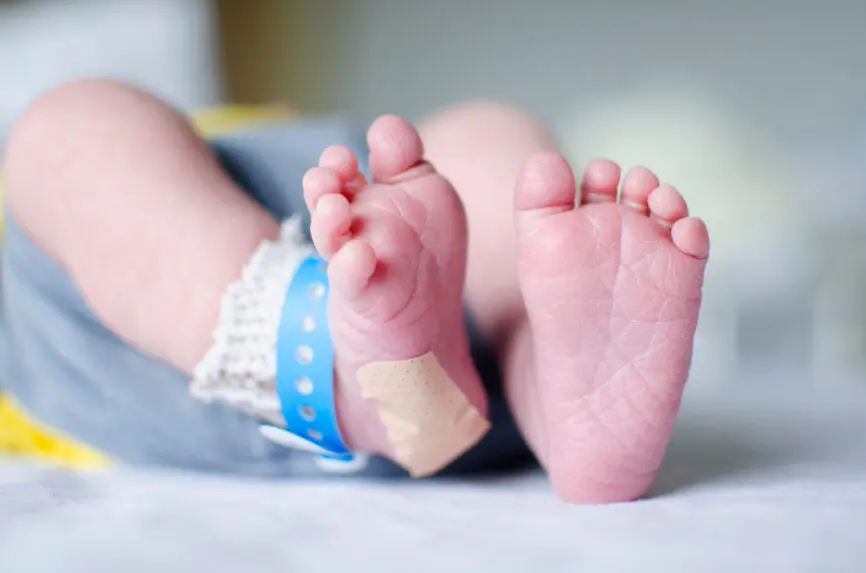
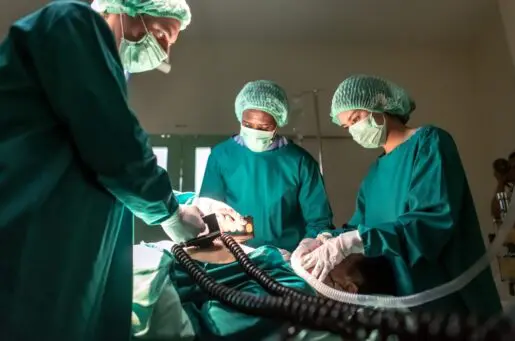


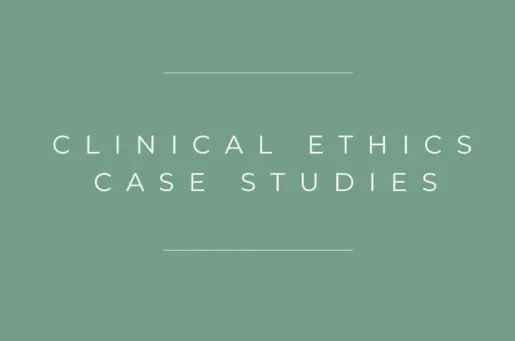

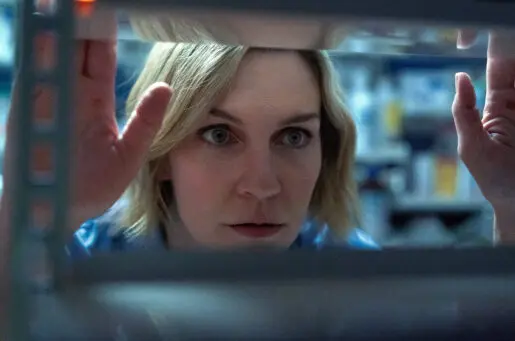



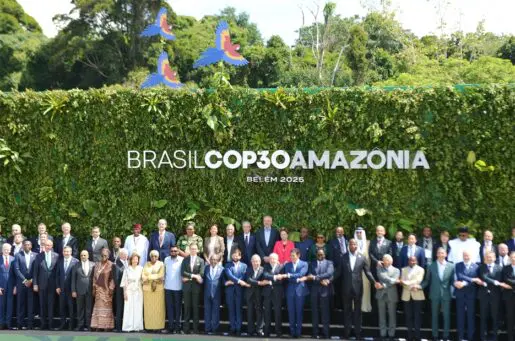


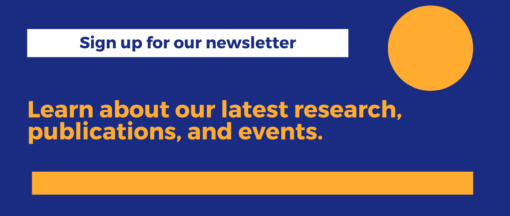
I’ve worked with the newborn screening system in the U.S. for 25 years. I have sensed an appeal by some groups to screen for conditions that may be better suited to routine clinical management of the newborn rather than mandated population-based screening. Groups want the newborn screening panel to require screening the condition because health care providers will not/cannot. Who decides what conditions or genes are on the screening panel? What about special populations that may have a genetically higher risk for a condition than the general population? Do we add that condition/genes to the panel even though the majority of the population does not share this risk? When deciding which conditions to screen, should the newborn screening programs consider whether insurance will cover the cost of treatment? What if there are no specialty care providers in the state to provide the potentially life-saving treatments the newborn would need? Newborn screening cannot be used to “fix” a broken health care system.
I realize that coming up with scientifically based, ethically justifiable guidelines will be complex and difficult. But just leaving the choice of what to screen for, with no real guidance about whether it will or could be beneficial to the child, is worse.
What About Parental Capacity?
I’m not sure I understand what you mean by “parental capacity”? Are you referring to parental autonomy in deciding about their children’s healthcare? That doesn’t apply in cases like this where the “benefit” is completely iffy. Moreover, even the right of parents to make healthcare decisions for their children is not unlimited. Look, we have guidelines for pediatric vaccinations. Parents can, to a limited degree, refuse. But most go along with recommendations from pediatric societies. My claim is that this should also be done with whole genome newborn screening, instead of playing on unsubstantiated parental hopes and fears.
Parental capacity may refer to a parent’s ability to actually understand what whole genome testing is and what it really means. Coming from the perspective of a primary care provider and also secondary education professional, I am profoundly aware of the spectrum of parent’s understanding and familiarity with scientific concepts. Indeed it is almost overwhelming to think that we can possibly provide adequate information in our time limited clinical encounters that will bring every parent’s acumen up to the level of needed understanding of all of this. Yet they read that a test can do so much, and they want to believe it is reliable and relevant for them, and of course is the best for their child’s future, so they do want these tests. How do we begin to fill in the knowledge gap, to have competent decisions? To teach what has often been missed or misunderstood even over typical educations? Adding in socio cultural and linguistic challenges and the reality of 20 min office visits, the task seems to challenge the idea of truly competent informed parents. There’s a long road ahead.